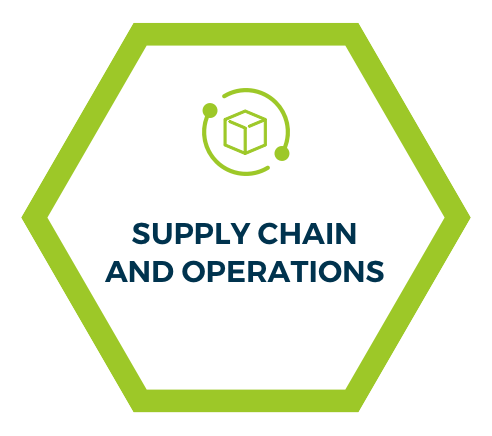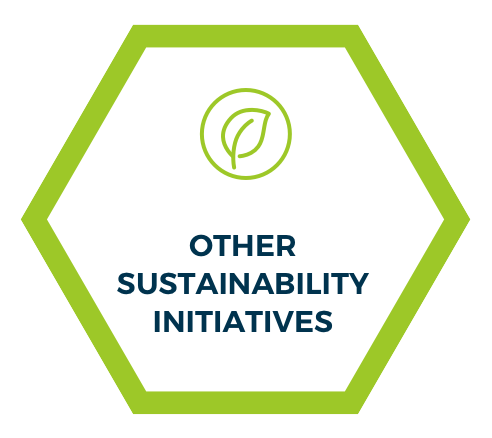Banca Popolare di Sondrio conducts its business in full compliance with the values and principles in their Code of Ethics, in full awareness that correctness, transparency, integrity and professionalism are essential conditions for sustainable economic development of the Community.
In the light of the new European regulations in the field of sustainable finance, the Bank's commitment to update its strategies and implement its processes is increasingly strong, in order to better integrate sustainability into the business, particularly regarding climate aspects.
The Bank's Code of Ethics outlines the values and principles of conduct, policies and regulations governing the Bank's activities and applies to each person operating or representing the Bank directly or indirectly, contributing to the implementation of corporate social responsibility.
The Sustainability Policy, approved by the Board of Directors in 2021, is our ‘guiding’ document for integrating sustainability into business and operations, in terms of:
![]()
Sustainability Policy in terms of: social issues, environmental protection, human resources development, human rights protection and fight against corruption
With our 2025-2027 Sustainability Plan, we are strengthening our commitment to a more responsible and inclusive future. Over the next few years, the Bank’s efforts and actions will be guided by measurable objectives: from sustainable credit to the energy transition, with a strong focus on the valorization of people and the integration of ESG criteria into corporate processes.

Credit
€2.4bn of new financing with positive environmental and social impact
Green, Social and Sustainable Bonds
€1.0bn of new bond issuances
Insurance Products
Development of the offering of insurance policies against catastrophe risk and health plans for businesses

Training
Mandatory annual training on Sustainability topics for employees and governing bodies
Financial education
Financial and Sustainability education for 1,500 students; free training is also planned for stakeholder

Reduction of operational GHG emissions
14% of Scope 1 and 2 emissions reduction by 2030 (-7% by 2027)
Renewable electricity
100% of electricity purchased from renewable sources from 2026
Suppliers evaluation
80% of purchases in terms of total spending evaluated with Sustainability criteria

NZBA Targets
We are pursuing the Net-Zero targets in line with our commitments to the Alliance and the publication of the first set of targets (December 2024)
Remuneration
We are strengthening the Sustainability criteria in top management's incentive systems
Diversity, equal opportunities and inclusion
We are implementing initiatives in favour of gender equality, parenthood and inclusivity
In line with this path, BPS has joined the financial partnership of the United Nations Environment Programme (UNEP FI) and the initiatives Principles for Responsible Banking (PRB) and Net-Zero Banking Alliance (NZBA).
These memberships allow us to express our traditional values of closeness to the territory and the communities in a renewed commitment to facing contemporary challenges.

| Attachment | Size |
|---|---|
| Code of Ethics | 292.78 KB |
| Sustainability policy | 1.15 MB |
| Modello di Organizzazione, Gestione e Controllo ex D. Lgs. 231/2001 – parte generale | 668.43 KB |